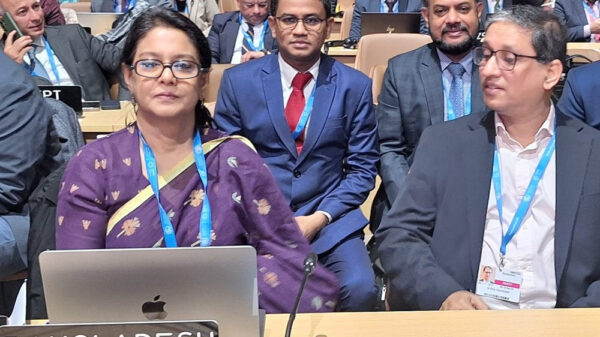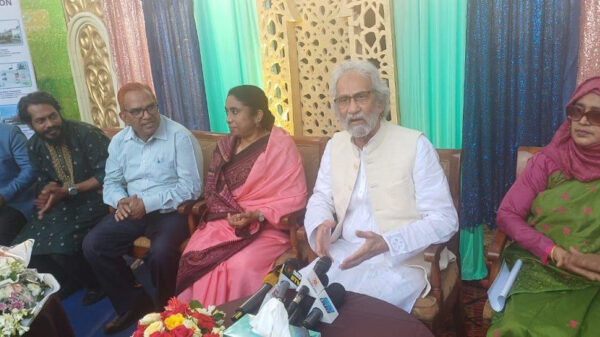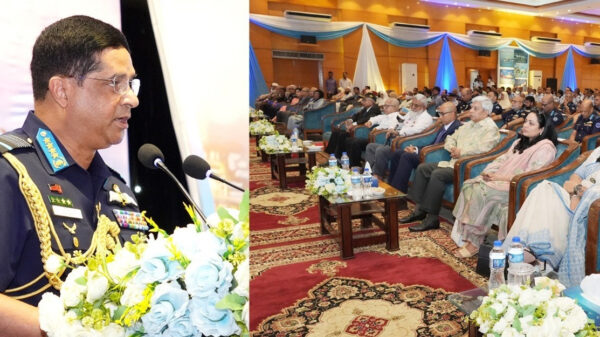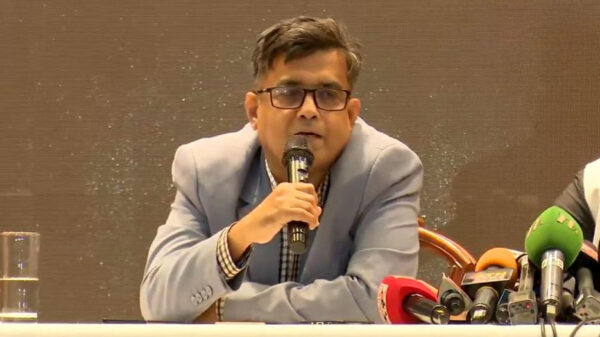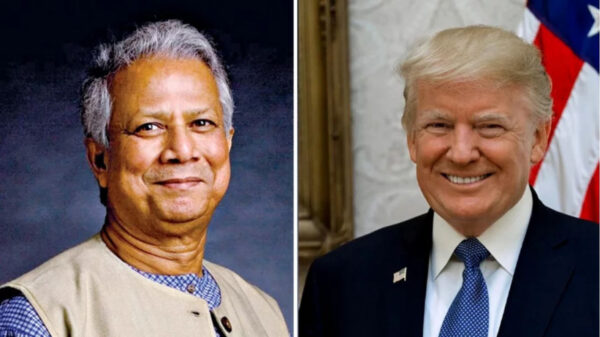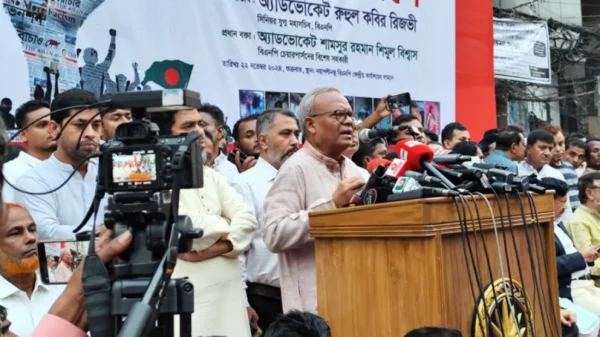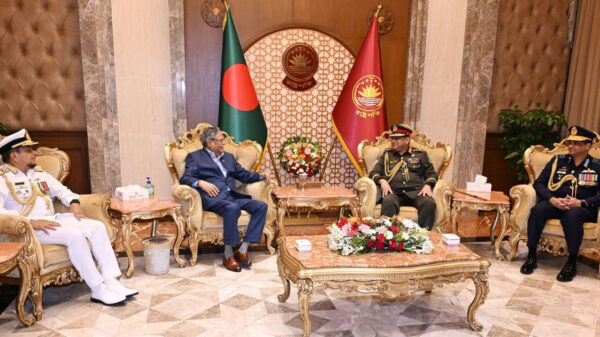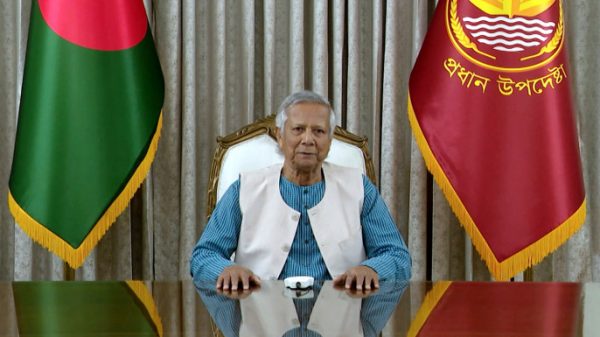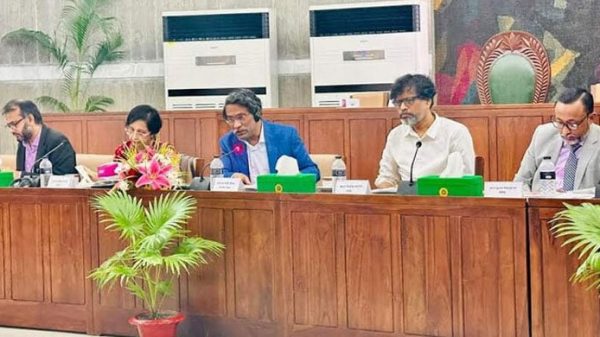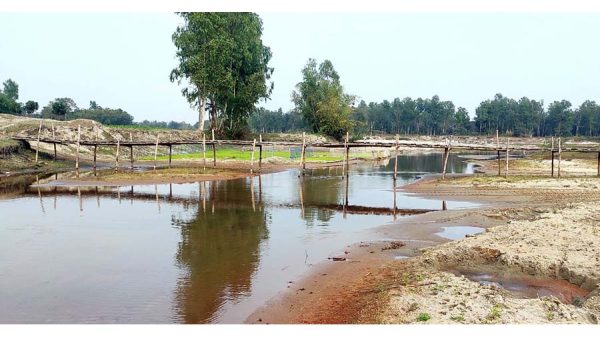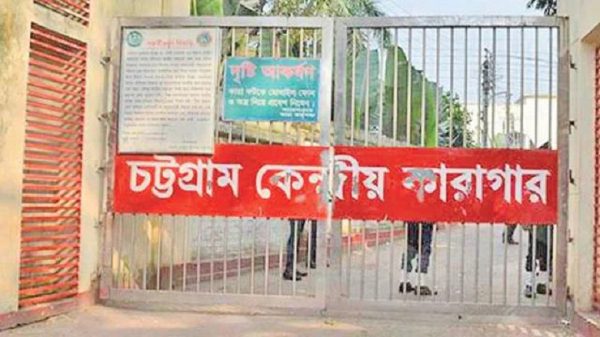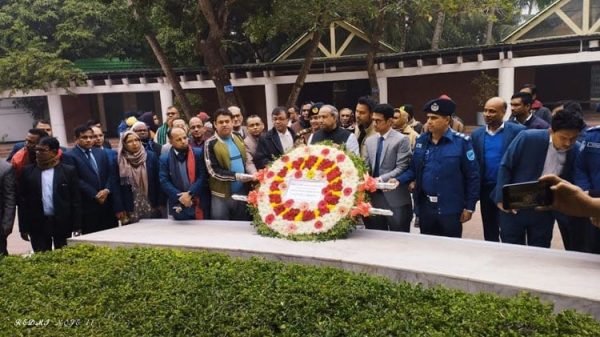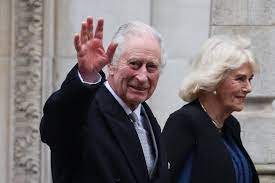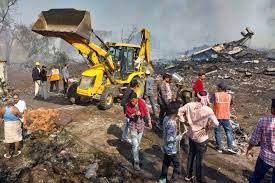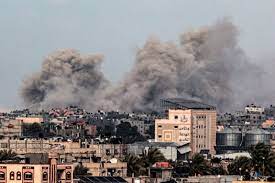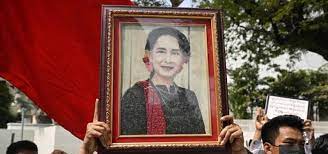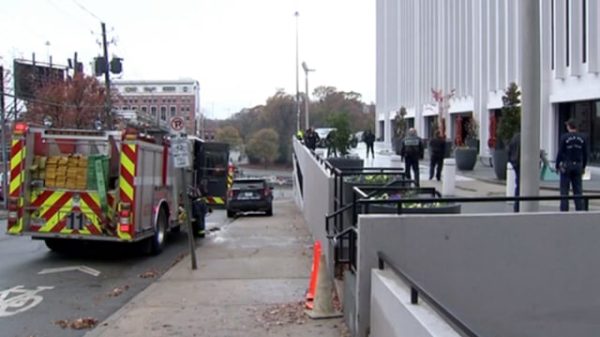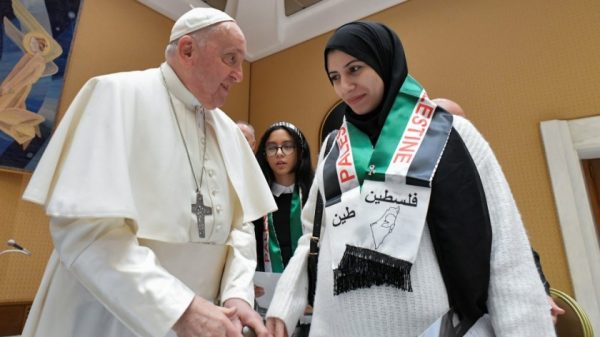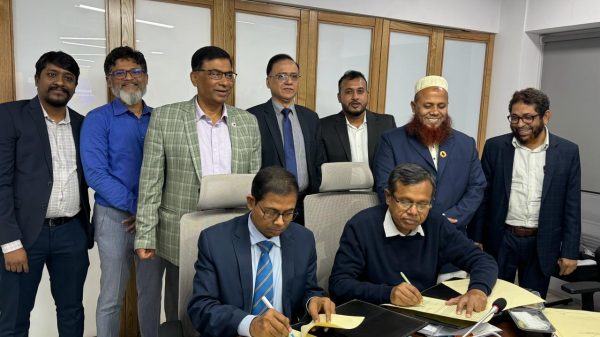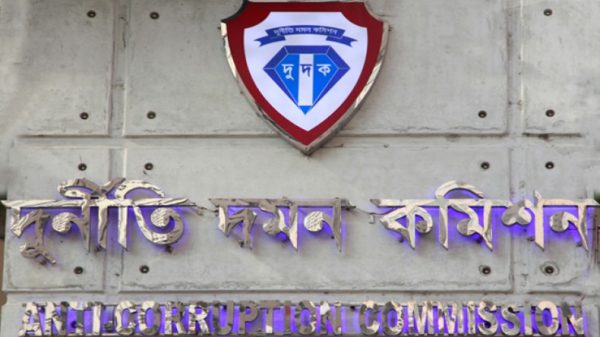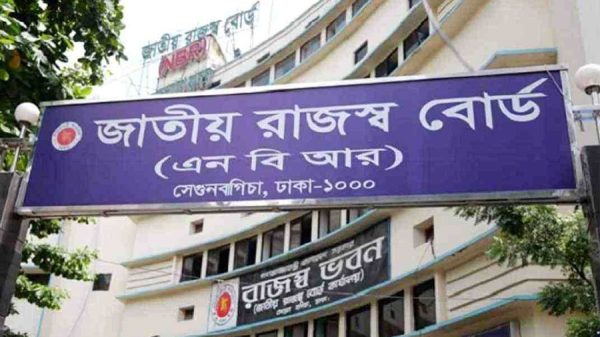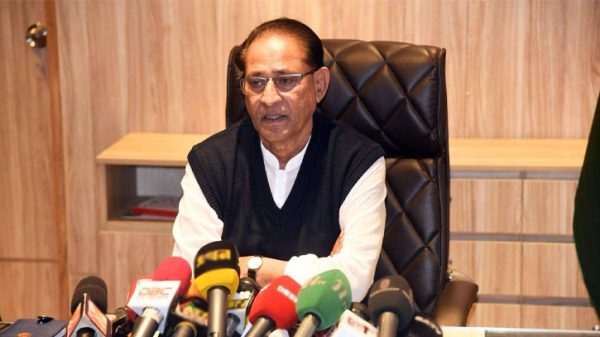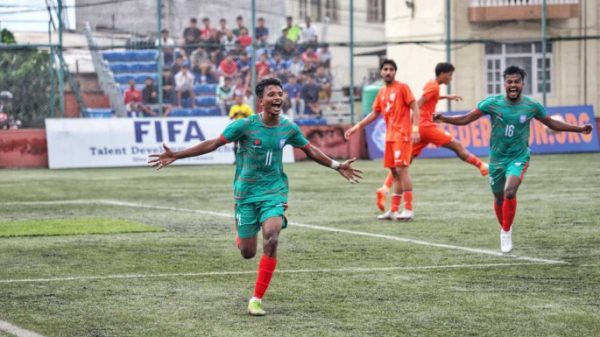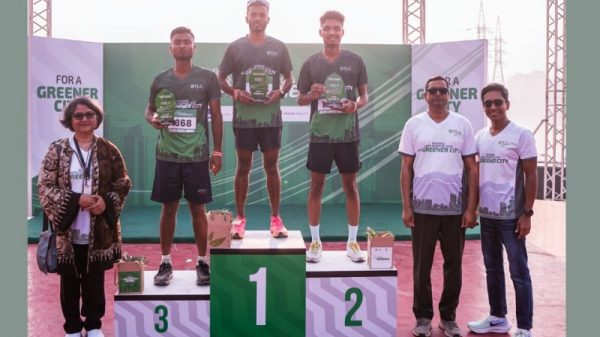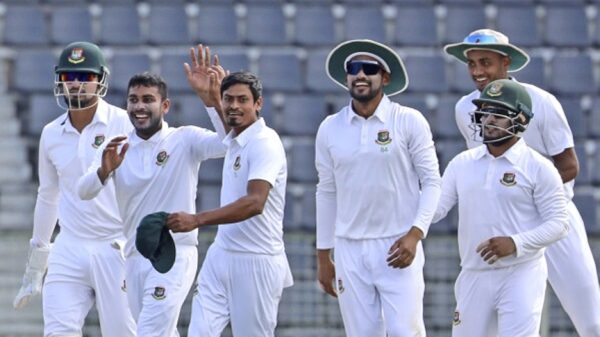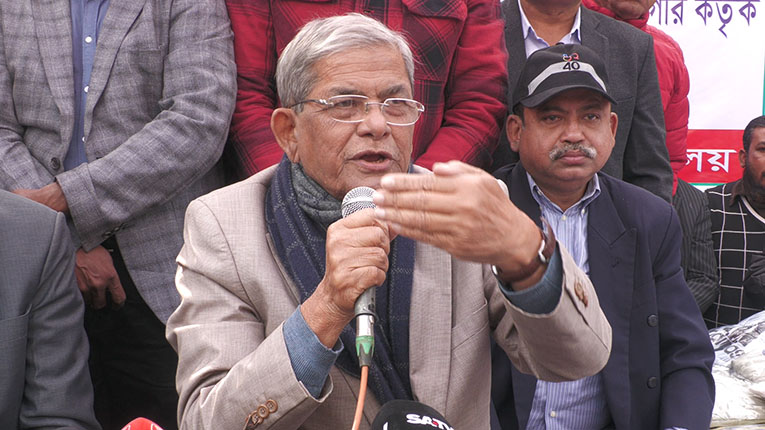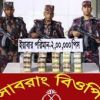A Correspondent:
Amid speculation regarding its future after being ousted by a student-led uprising, BNP Secretary Gen-eral Mirza Fakhrul Islam Alamgir said that neither should the Awami League be barred from participat-ing in the upcoming national election nor banned as a fascist political party, as both actions would un-dermine democratic practices.
In an interview with a local agency, he expressed skepticism about the Awami League’s prospects for a strong comeback in the political landscape, asserting that the party has become politically bankrupt and increasingly isolated from the public and younger generations due to its anti-people activities and heavy reliance on state forces and bureaucracy during its time in power.
He also urged political parties to remain vigilant and act responsibly, expressing concerns about a poten-tial 1/11-style depoliticisation plot orchestrated by both local and international actors.
This is the first report of a three-part series based on the interview with Fakhrul, in which he discussed a wide range of topics, including the current political situation, government reform initiatives, the upcom-ing national election, BNP’s future plans, and the party’s council.
“Why should the Awami League be excluded from the polls if we truly want democracy? If an old polit-ical party like Awami League wants to participate in the polls, people should have the chance to deter-mine their fate,” Fakhrul said, expressing his disagreement with those advocating for barring the Awami League from the upcoming national election.
Based on his understanding and perceptions of the Awami League, the BNP leader said it is likely that the party will take part in the election under the current interim government. “After such a big incident and a changeover in 1975, Awami League didn’t boycott the election. It joined the polls and, I think, that was the right strategy for the party.”
Fakhrul said boycotting elections is not always the right approach for democratic parties. “While elec-tions can sometimes be boycotted as part of a movement, as we have done, that was a valid decision. However, when a party faces challenges, there are several avenues for recovery and participating in elec-tions is one of those paths that should be pursued to move forward.”
He also mentioned that the negative tendency to demand the banning of political parties or to exclude particular parties from elections stems from a flawed political culture. “For instance, banning Jamaat-e-Islami was not a justified decision. What has been the outcome? Jamaat has now returned to politics. So, I don’t believe it is a right move for the government to impose such a decision.”
Fakhrul, however, said the country’s people will abandon the Awami League, even if it joins the polls, for its nefarious activities and brutal role in suppressing democratic movements.
In response to a question about the possibility of banning the Awami League for 10 years under a draft amendment to the International Crimes (Tribunals) Act, 1973, he acknowledged that this action has been proposed within a legal framework, suggesting that Sheikh Hasina’s party could be banned for crimes against humanity.
“However, I am uncertain how appropriate this would be from a democratic perspective,” he added.
The BNP leader recalled that both the Nazi Party in Germany and Mussolini’s National Fascist Party in Italy were banned. “In my opinion, democracy should function in a democratic manner, and democratic practices must remain operational. While a fascist party can be banned, how can we guarantee that it won’t resurface in a different guise? Look at what is happening in the Western world; pro-Nazi parties are coming to the fore.”
Fakhrul stated that if political practice is unhindered, the people of the country will respond to any par-ty’s misdeeds and will find ways to address the actions of a fascist party. “Personally, I am not in favour of banning the Awami League, nor do I support the banning of any political party,” he said.


